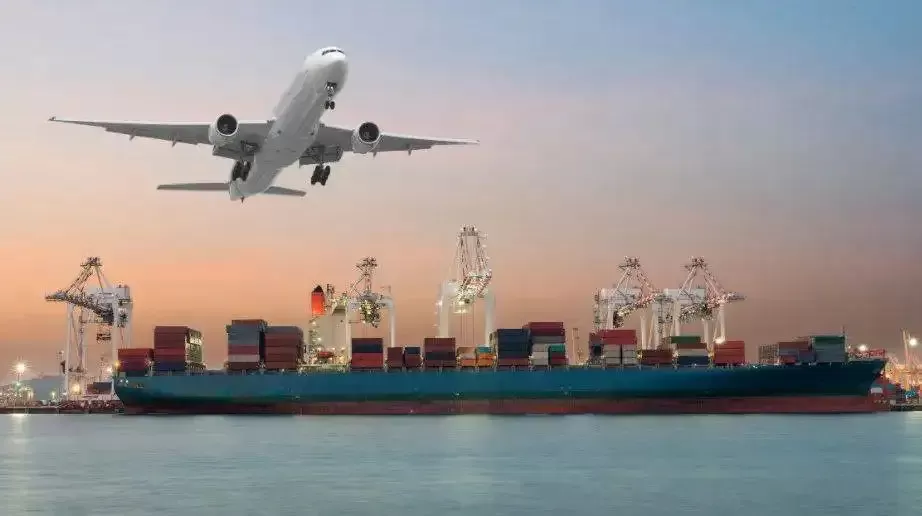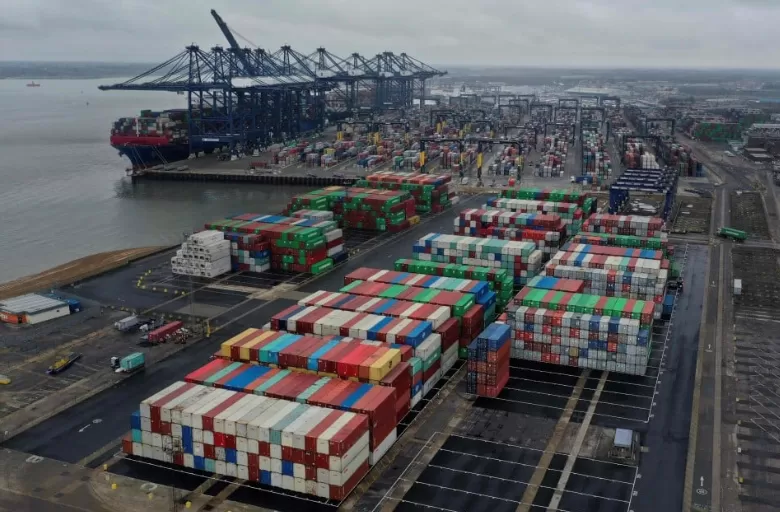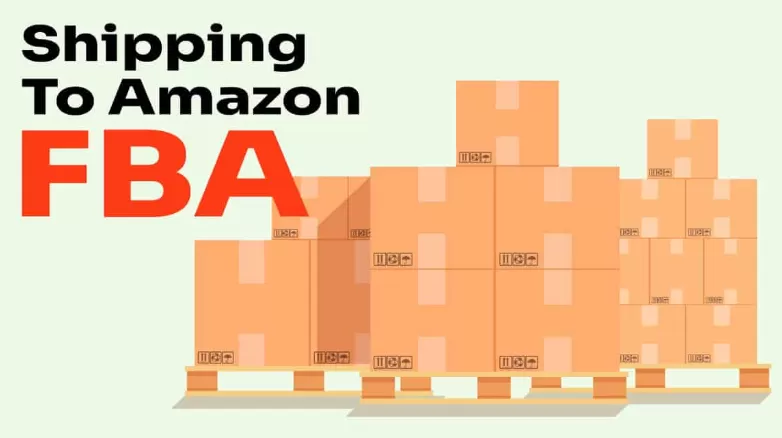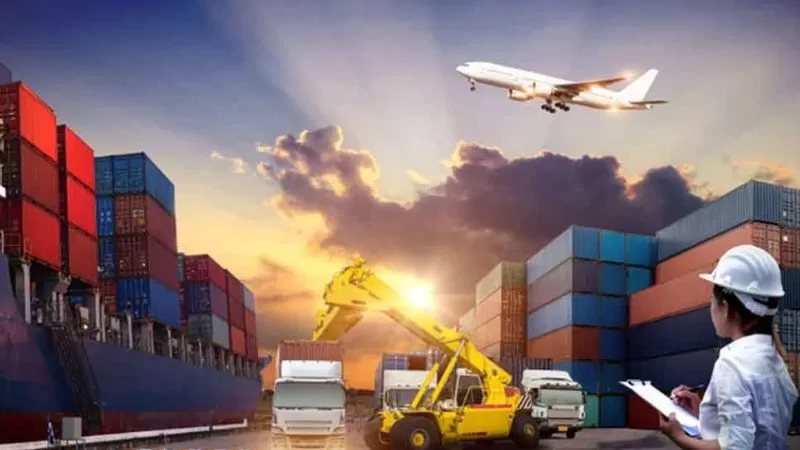Toulouse isn't just another French destination. As Europe's aerospace capital and a major industrial hub, shipping here requires specialized knowledge. Most general "China to France" guides miss critical Toulouse-specific factors: local customs procedures at Toulouse-Blagnac airport, inland transportation from Fos-sur-Mer port, and the region's unique industry requirements.
This guide delivers what others don't: actionable, Toulouse-specific shipping intelligence you can use immediately.
Are you ready?
Get real-time quotes forToulouse
Get Quotes
1. Understanding Your Core Shipping Options: Beyond Basic Comparisons
Current Market Rates (Updated Q2 2024):
20' Container: $6,207-$8,276 (51-63 days)
40' Container: $9,115-$12,154 (51-63 days)
40' High Cube: $9,115-$12,154 (51-63 days)
What Other Guides Won't Tell You:
Port Selection Matters: Shipping via Fos-sur-Mer instead of Le Havre adds 1-2 days inland but often saves €400-€800 in port fees
Container Optimization: For aerospace components, 40'HC containers often work better than standard 40' - the extra height accommodates specialized packaging
Seasonal Variations: August shipments typically take 5-7 days longer due to French holiday disruptions
Current Rates:
1 CBM: $1,011-$1,348 (53-68 days)
5 CBM: $2,764-$3,685 (53-68 days)
10 CBM: $4,807-$6,409 (53-68 days)
Professional Insight:
LCL isn't just "FCL but smaller." The consolidation process at Chinese ports adds complexity. For Toulouse-bound shipments:
Choose Yangshan (Shanghai) over Ningbo for LCL - better consolidation networks to Southern French ports
Volume breaks occur at 12 CBM - beyond this, FCL often becomes cheaper
Documentation requirements are stricter - each shipment needs individual commercial invoices
1.3 Air Freight - When Time is Critical
Urgent Shipment Rates:
100kg: $914-$1,219 (6-10 days)
300kg: $1,980-$2,640 (6-10 days)
500kg: $2,728-$3,637 (6-10 days)
Express Services:
10kg: $315-$420 (3-6 days)
100kg: $1,437-$1,916 (3-6 days)
Critical Knowledge:
Toulouse-Blagnac vs Paris-CDG: For shipments under 500kg, direct to TLS often costs less despite higher air rates due to avoided ground transportation
Dimensional Weight Calculations: Air cargo uses chargeable weight - understand how your goods will be measured
Weekend Surcharges: Friday shipments typically incur 15-20% premium due to weekend storage at destination
2. Advanced Shipping Methods: Strategic Options
The Hidden Gem for Time-Sensitive Cargo
Sea-air via Dubai or Singapore offers compelling advantages:
Cost Savings: 40-60% cheaper than pure air freight
Time Efficiency: 22-28 days vs 45+ days for pure sea
Reliability: Avoids European port congestion
Real-World Example:
Electronics manufacturer shipping 800kg from Shenzhen to Toulouse:
Pure air: $5,200 (8 days)
Sea-air: $2,800 (24 days)
Pure sea: $1,100 (55 days)
Optimal Use Cases:
Medium-value goods (€50-€200/kg)
Seasonal products needing balanced cost/time
Inventory replenishment with 3-4 week lead times
2.2 Sea-Truck (Sea Cartage): Door-to-Door Efficiency
The Complete Solution
Most freight forwarders offer sea-truck as "door-to-door" but the devil is in the details:
Proper Sea-Truck Includes:
Origin pickup and documentation
Ocean freight to French port (typically Fos-sur-Mer)
Customs clearance at destination port
Trucking to Toulouse with GPS tracking
Unloading assistance at destination
Cost Structure Transparency: Sea-Truck Service (20' Container)
Sea Freight (China to Fos-sur-Mer) $1,800 Base ocean transportation
Port Terminal Handling Charges $350 Loading/unloading at both ports
Customs Clearance & Documentation $280 Import declaration, processing fees
Inland Trucking (Fos-sur-Mer to Toulouse) $650 ~400km with GPS tracking
Total Door-to-Door Cost $3,080 All fees included, no hidden charges
Door-to-Door Benefits:
Single point of responsibility
Reduced administrative burden
Predictable total cost
When to Choose Port-to-Port:
You have in-house customs expertise
Cost minimization is critical
You have established trucking partners in France
3.1 Understanding Toulouse's FBA Landscape
Nearest FBA Warehouses:
Amazon MRS1 (Marseille): 280km - 3.5 hours
Amazon BVA1 (Paris): 700km - 7 hours
Strategic Insight:
Marseille facilities often process shipments faster than Paris for Southern French destinations. For Q4 preparation, prioritize MRS1 over BVA1.
3.2 FBA-Specific Shipping Requirements
Non-Negotiables for Toulouse-Bound FBA Shipments:
Labeling: Each unit requires French-language compliance labeling
Pallet Requirements: EUR-pallets only, no CHEP
Documentation: Specific FBA invoice requirements beyond standard commercial invoices
Common Pitfalls to Avoid:
Underestimating French VAT documentation requirements
Missing FBA container content labels
Incorrect pallet height (must be under 180cm including pallet)
Amazon FBA
Get real-time quotes forToulouse
Get Quotes
3.3 Cost-Effective FBA Strategies
For Small Sellers (Under 50kg):
Use consolidated LCL services specializing in FBA
Expect 35-45 days total transit time
Budget $18-25/kg all-in
For Medium Sellers (50-500kg):
Dedicated LCL allocations provide better timing control
30-40 days transit realistic
$12-18/kg achievable
For Volume Sellers (500kg+):
FCL provides best cost control
Consider shared container options
$6-9/kg typical
4.1 The Toulouse Expertise Factor
Essential Questions to Ask:
"Do you have a dedicated agent familiar with Toulouse shipments?"
"Can you provide references from other Toulouse clients?"
"What's your process for handling customs at Toulouse-Blagnac airport?"
Red Flags:
Vague answers about Toulouse-specific experience
No local partners in Southern France
Unwillingness to share contingency plans
4.2 Contract Considerations for China-Toulouse Route
Must-Have Clauses:
Transit Time Guarantees: With clear liquidated damages
Cost Caps: No surprise surcharges
Communication Protocols: Regular updates, especially for aerospace shipments
Emergency Contacts: 24/7 availability for urgent shipments
4.3 Risk Management Framework
Insurance Considerations:
Standard 110% value coverage often insufficient for high-value aerospace components
Consider specialized "all-risk" policies for sensitive equipment
Verify forwarder's liability insurance covers Toulouse-specific risks
5. Toulouse-Specific Industry Considerations
Critical Requirements:
ITAR Compliance: US-origin technology has additional controls
Temperature Monitoring: Mandatory for composite materials
Security Escorts: Required for certain sensitive components
Best Practices:
Use dedicated containers for aerospace goods
Implement real-time tracking with temperature logging
Pre-clear all documentation with Toulouse customs brokers
5.2 E-commerce & Retail Distribution
Local Market Nuances:
French consumer protection laws affect returns processing
Toulouse has specific urban delivery restrictions
Local tax representation often required
5.3 High-Tech & Electronics
Special Handling Protocols:
ESD-protective packaging requirements
Humidity-controlled transport often necessary
Higher insurance thresholds recommended
6. Cost Optimization Strategies That Actually Work
6.1 Timing Your Shipments
Seasonal Cost Variations:
January-April: Lowest rates, best availability
May-August: Rising rates, longer transit times
September-December: Peak season, plan 2-3 weeks extra
Pro Tip: Book Chinese New Year shipments 8 weeks in advance to avoid 40-60% rate spikes.
6.2 Packaging Optimization
Space Utilization Techniques:
Custom crating for irregular aerospace components
Stackable packaging for retail goods
Lightweight but protective materials to reduce air freight costs
Recommended for Toulouse Shipments:
FCA (Factory): Best for experienced importers
DAP (Toulouse): Good balance of control and convenience
Avoid FOB unless you have strong China logistics team
7. Risk Management & Contingency Planning
7.1 Dealing with French Strikes & Disruptions
Proactive Measures:
Maintain 10-14 days of buffer inventory
Identify alternative transportation routes
Build relationships with multiple trucking companies
Toulouse-Specific Requirements:
Certain aerospace components require special import licenses
Agricultural products have additional restrictions
Samples for trade shows need carnets
7.3 Quality Control Integration
Pre-Shipment Inspection Critical:
80% of shipping delays originate from documentation errors
Implement rigorous pre-shipment checking
Use digital documentation platforms to reduce errors
8. The Future of China-Toulouse Shipping
Emerging Trends:
Digital Freight Platforms: Increasing transparency but verify Toulouse capability
Rail Options: China-Europe rail to Lyon then truck to Toulouse becoming viable
Sustainability Requirements: Carbon-neutral shipping options in development
Strategic Recommendations:
Develop relationships with forwarders having strong Toulouse presence
Implement digital tracking for all shipments
Build contingency plans for seasonal disruptions
Consider regional distribution strategies beyond Toulouse
freight forwarding
Get real-time quotes forToulouse
Get Quotes
FAQs
1. Q: What's the difference between HS Code and EORI number, and do I need both for Toulouse shipments?
A: HS Codes classify your products globally, while EORI numbers identify your business to EU customs. For Toulouse shipments, you absolutely need both. Your Chinese supplier should provide the HS Code, and you must obtain an EORI number from French customs before shipping. Without these, your goods will be stuck at entry points like Fos-sur-Mer port or Toulouse-Blagnac airport.
2. Q: How do I handle returns and reverse logistics from Toulouse back to China?
A: Reverse shipping requires completely different documentation and cost structures. You'll need to work with forwarders offering return freight services, which typically cost 20-30% more than outbound shipping. Properly de-registering goods from French customs systems is crucial to avoid future tax liabilities.
3. Q: Are there specific packaging restrictions for Toulouse that differ from other French cities?
A: Toulouse has stricter urban delivery regulations, particularly in the city center. Pallets must be EUR-standard size (800x1200mm) and easily maneuverable through narrow streets. Oversized packaging may incur additional handling fees and require special delivery time slots.
4. Q: What happens if my shipment arrives during French strikes or holidays?
A: During strikes, goods face extended holds at ports/airports. Always include strike clauses in your freight contracts. For holidays like August vacation period, schedule shipments to avoid mid-month arrivals. Professional forwarders maintain local contacts who can navigate these disruptions for priority handling.
5. Q: Can I ship samples to Toulouse without full customs documentation?
A: Low-value samples (under €45) can sometimes ship as "documents," but this is risky. For proper commercial samples, use the "temporary admission" procedure with an ATA Carnet. This allows duty-free entry for testing purposes but requires advance planning and specific insurance coverage.
6. Q: How does Toulouse's location impact inland transportation costs compared to Paris?
A: Being 700km south of major northern ports adds €400-€800 to trucking costs. However, Toulouse's proximity to Spanish ports like Barcelona (3 hours) sometimes offers alternative routing options that can offset these higher inland charges.
7. Q: What are the insurance implications for high-value aerospace components shipping to Toulouse?
A: Standard cargo insurance often excludes specific risks like vibration damage or temperature fluctuations that are critical for aerospace parts. You'll need specialized "all-risk" policies that cover testing periods and include higher liability limits specifically for Toulouse's aerospace industry requirements.
8. Q: How do I verify if a freight forwarder has genuine Toulouse experience?
A: Ask for specific examples of recent Toulouse shipments, request local references from the Occitanie region, and verify they have direct contacts at Toulouse-Blagnac airport customs. Forwarders without established relationships with local Toulouse trucking companies will struggle with reliable delivery.
9. Q: What documentation differences exist between shipping to Toulouse versus other EU destinations?
A: Toulouse-bound shipments often require additional certificates for aerospace-related goods, specific agricultural declarations for the Occitanie region, and sometimes bilingual (French-English) documentation for technical equipment. The commercial invoice must clearly state the final destination as "Toulouse, France" not just "France."
10. Q: How does the weather in Southern France affect shipping schedules?
A: The Mistral winds can delay port operations in Marseille/Fos-sur-Mer, while Pyrenees weather patterns occasionally disrupt trucking routes to Toulouse. Summer heat waves may require additional cooling costs for sensitive goods. These factors add 1-3 days to transit times during certain seasons.
11. Q: Are there commodities that face special restrictions entering the Toulouse region?
A: Yes, agricultural products face strict controls due to Occitanie's farming industry. Electronics with strong radio emissions require additional testing due to Airbus and aerospace operations. Some chemical materials face enhanced scrutiny near the city's research facilities.

 EN
EN
 FR
FR
 ES
ES
 JA
JA
 PT
PT
 RU
RU
 AR
AR










